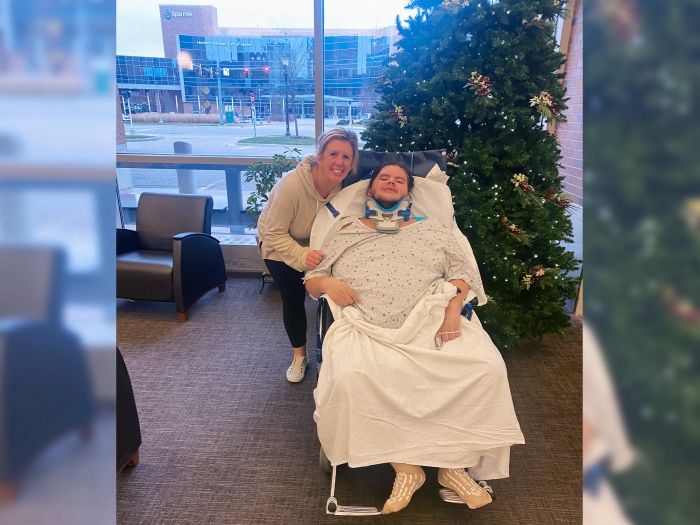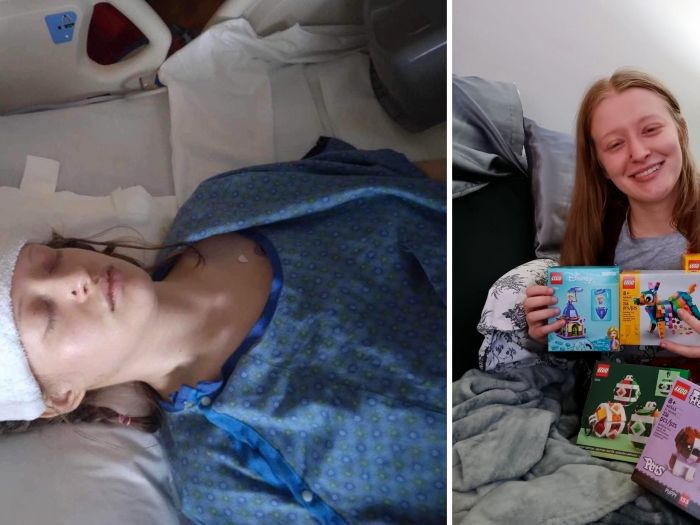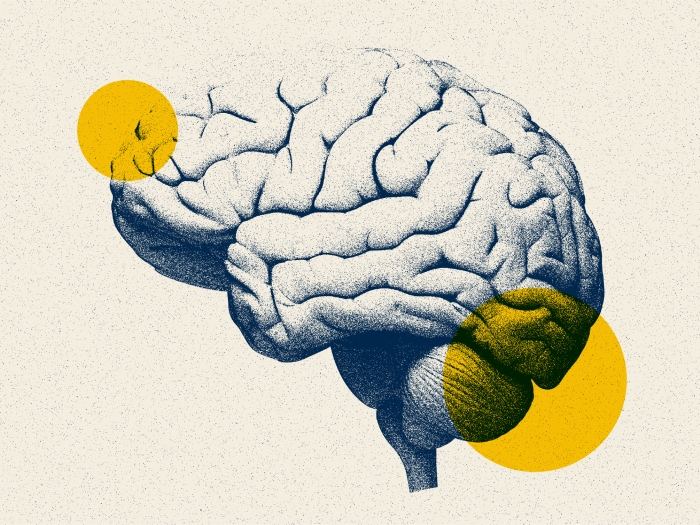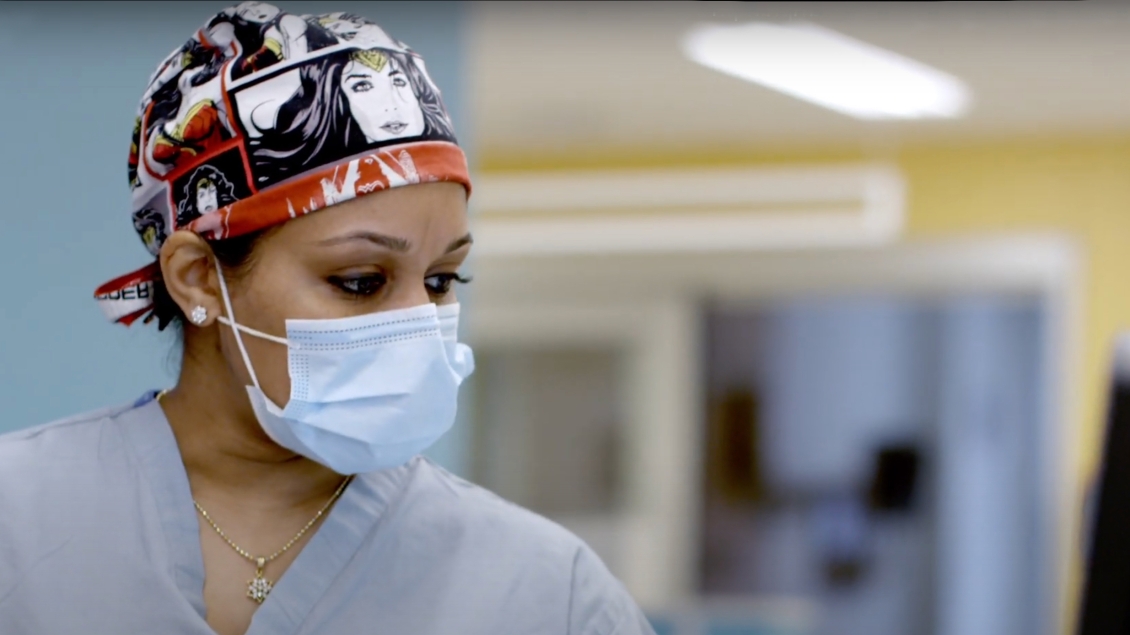
A Legacy of Excellence
Joining the Neurosurgery Department means becoming part of our story, a world-class legacy of clinical and research excellence for more than a century.
The educational mission of the U-M Medical School Department of Neurosurgery is to train highly skilled neurosurgeons, building a strong foundation in both clinical neurosurgery and research.
In the classroom, we equip neurosurgical residents with the industry’s highest standard of clinical skills while providing the opportunity to grow their passion for teaching and research. Within our cutting-edge facilities, experienced neurosurgeons and researchers closely monitor trainees, providing progressive responsibility that nurtures clinical skills and safe judgment.
Not only does our renowned faculty focus on sharing the skills and judgment to practice neurosurgery, we work hard to make your continuing education both relevant and fulfilling.
Diversity, equity and inclusion are values and practices woven deeply into our story for more than 100 years. From the nation’s first Black neurosurgeon to early female leaders of the practice, we’ve pioneered a commitment to a higher standard. In our programs, all students have the support they need to thrive.
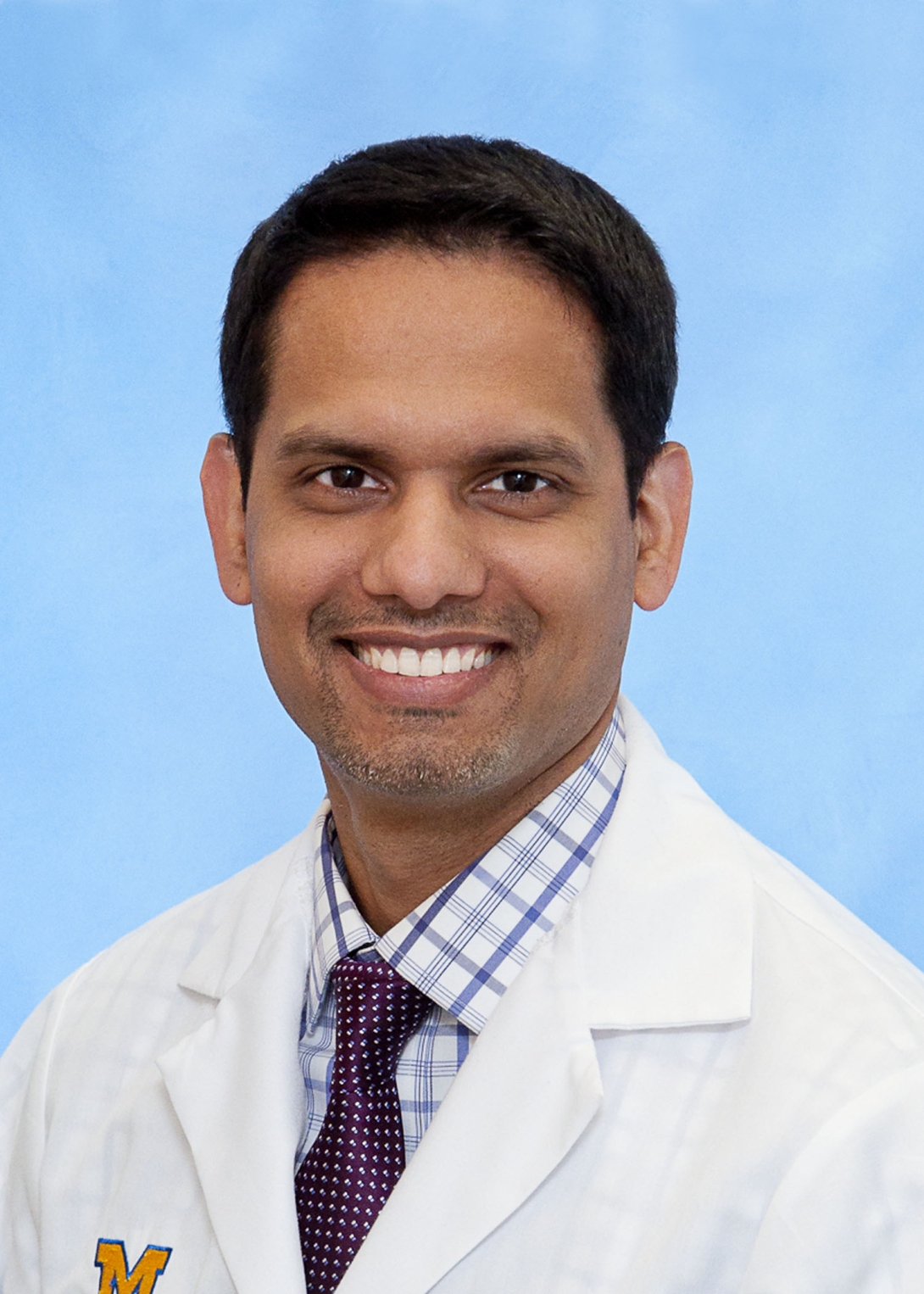
Chair, Department of Neurosurgery
Professor of Neurosurgery
Professor of Radiology
Professor of Otolaryngology-Head and Neck Surgery
Medical Director, Comprehensive Stroke Center Surgical
Residency Assistant Director
Program Associate
Network Strategy Liaison
Service Chief, Neurosurgery
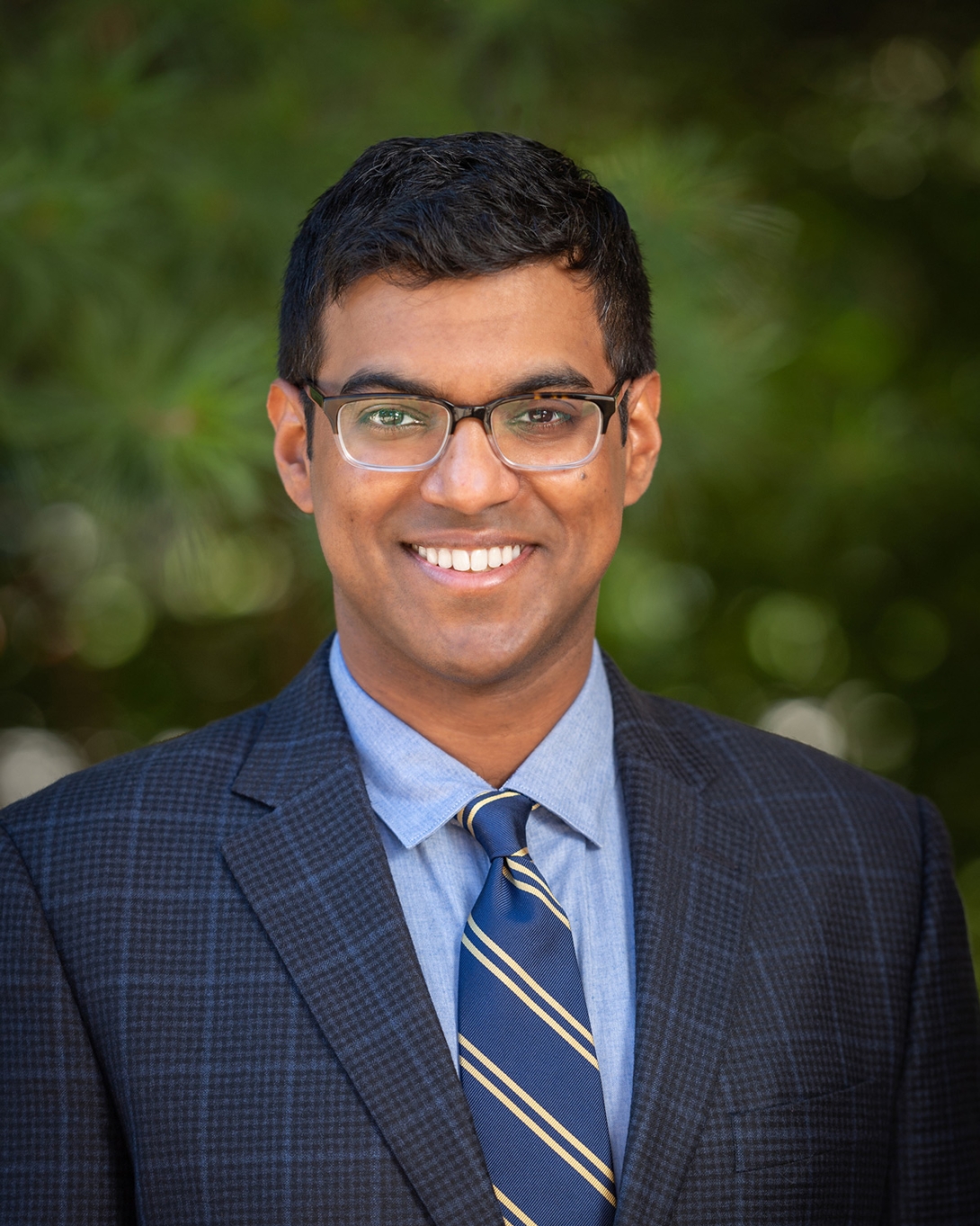
Assistant Professor of Emergency Medicine and Medical Director
CNS Trauma

Associate Chair, Department of Neurosurgery
Professor of Neurosurgery
Professor of Anesthesiology
Section Head, Technology and Clinical Innovations, Functional Neurosurgery
